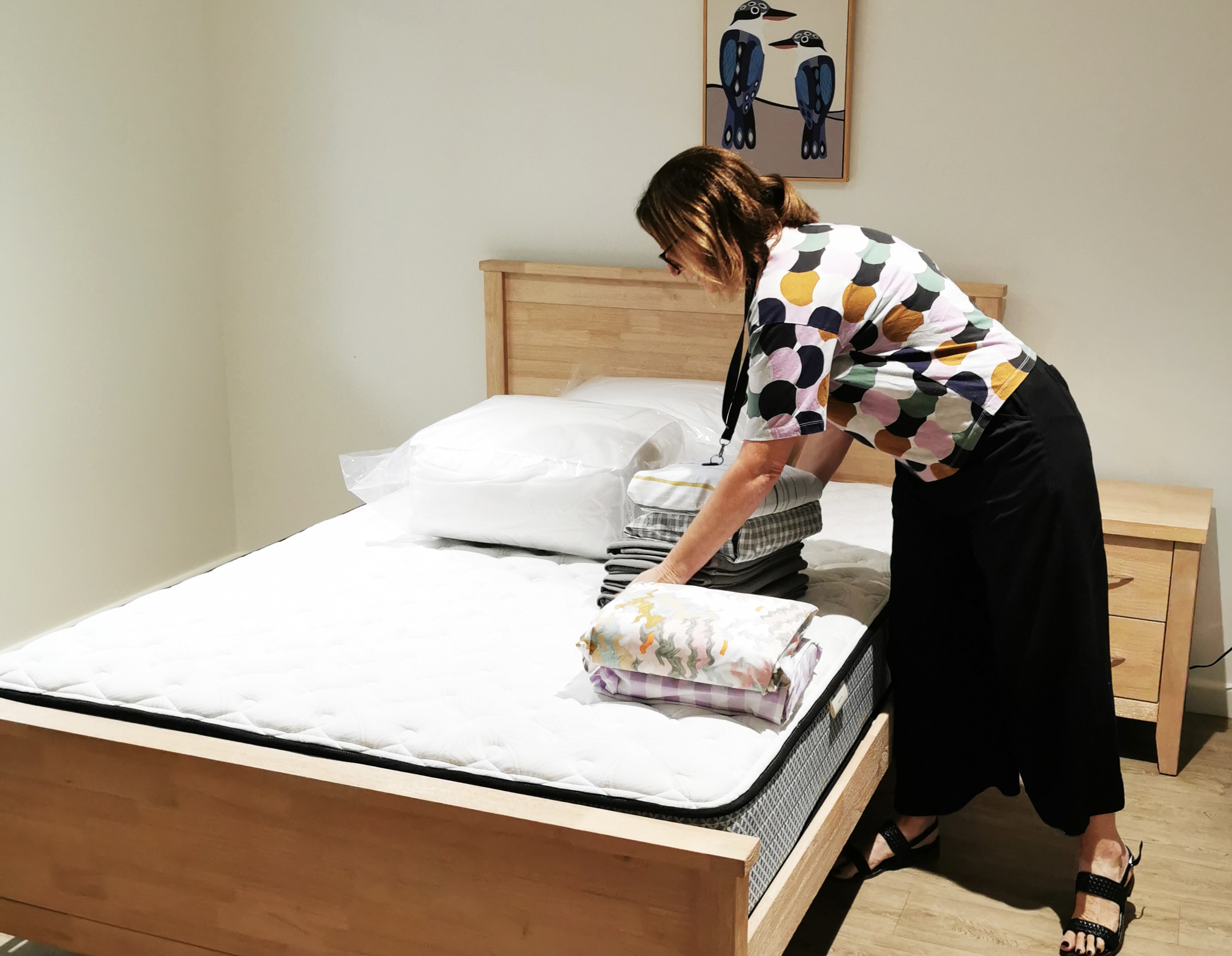
The number of women and girls becoming homeless is growing. Often facing impossible decisions between homelessness or violence and poverty, women and gender diverse people increasingly have nowhere safe to turn.

The number of women and girls becoming homeless is growing. Often facing impossible decisions between homelessness or violence and poverty, women and gender diverse people increasingly have nowhere safe to turn.
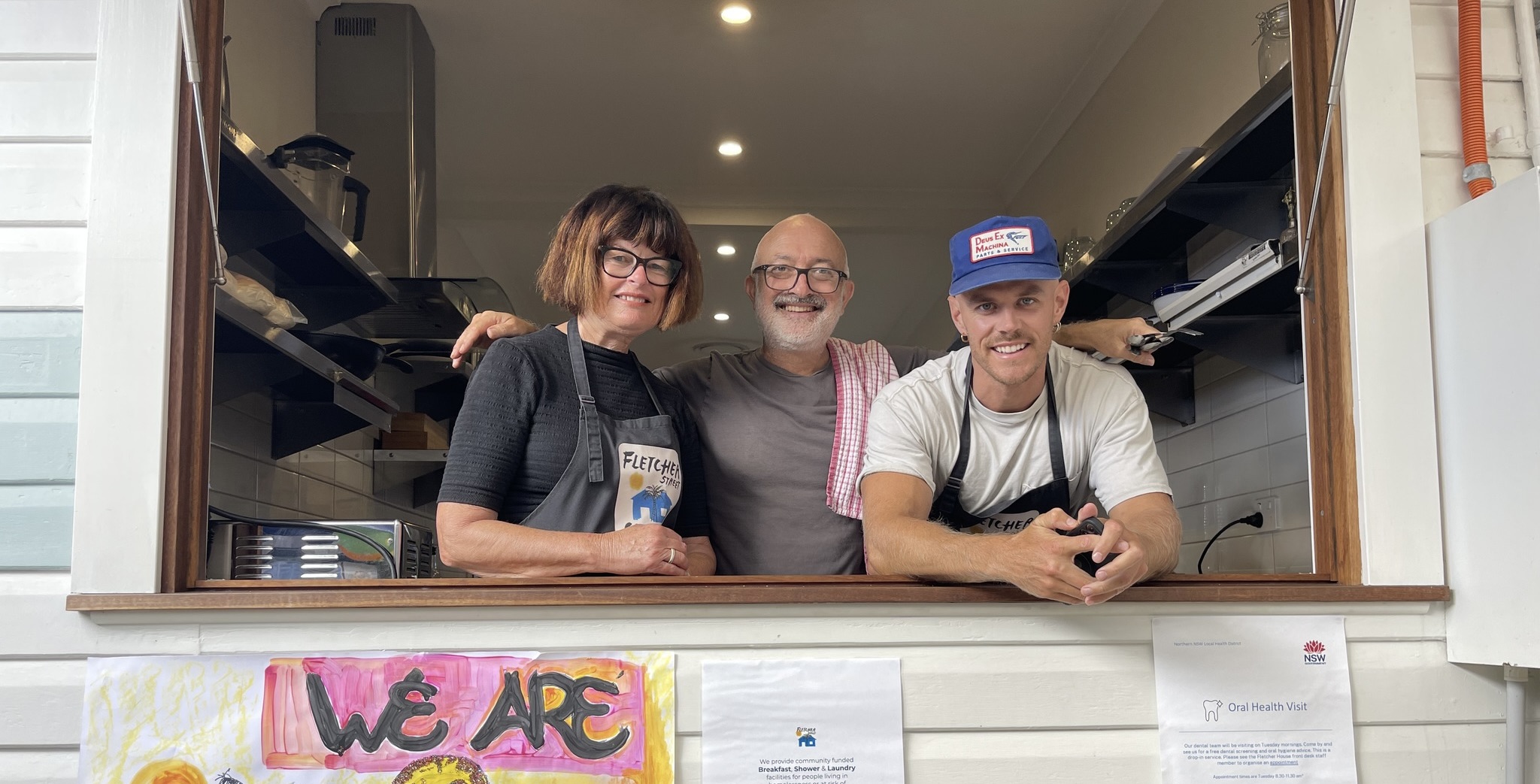
Our Winter Appeal, throughout May and June, was launched to respond to the rising numbers of people experiencing homelessness who are facing dangerous and difficult living conditions Thanks to our donor community, along with corporate and philanthropic supporters who took part, our collective efforts have resulted in $236,250 in grants to provide warm food, clothing, material aid, and housing support. Additionally, $313,984 in SleepSafe kits were distributed through our partnership with Sheridan to those facing homelessness and housing insecurity.
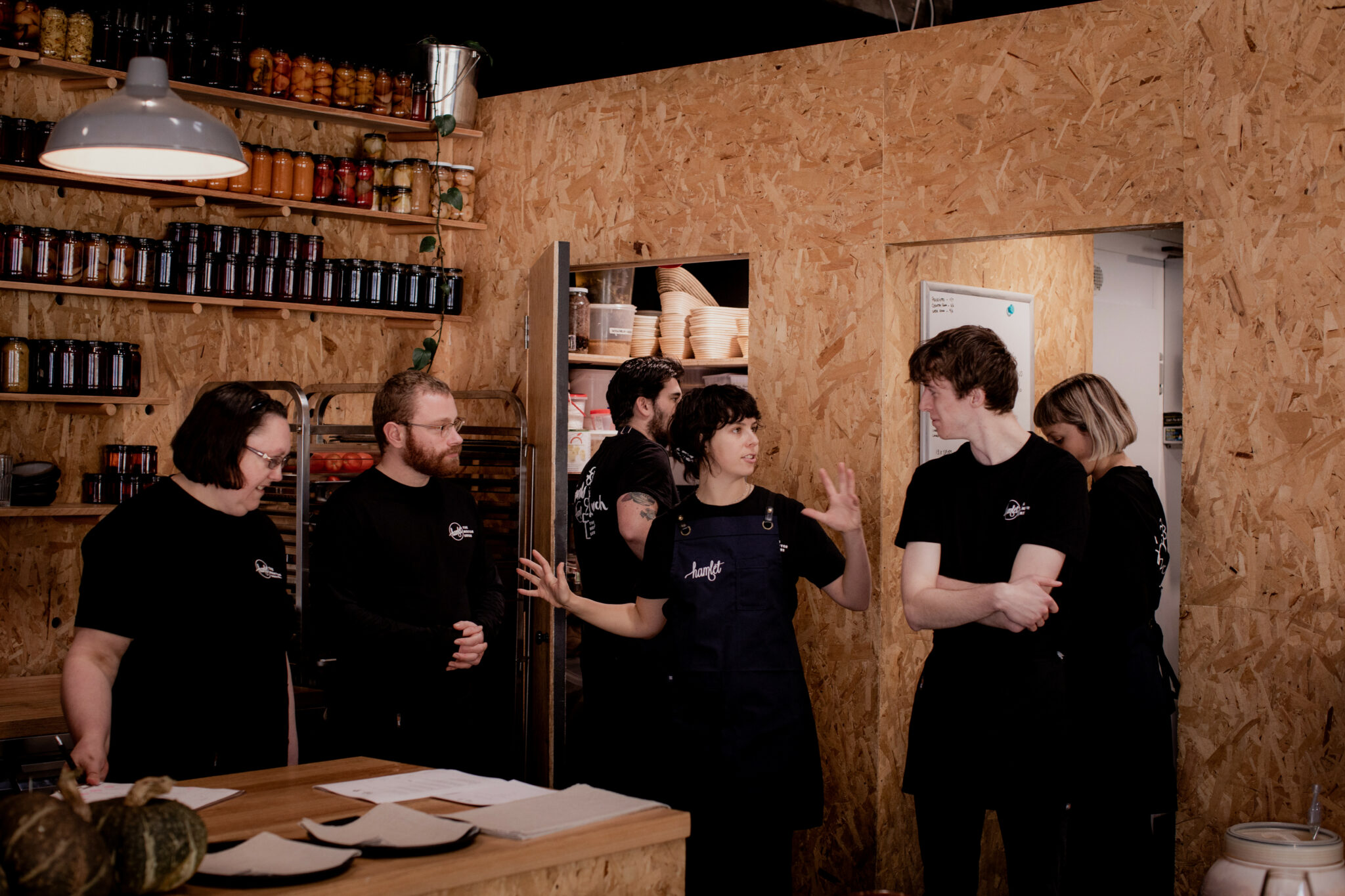
The Alternative Dairy Co have taken their Team Championship across the country, raising funds to provide hospitality based training and employment opportunities to at-risk cohorts. With a localised impact on the ground at each of the 7 locations, it’s a remarkable example of a corporate partnership that takes a whole of community approach to bringing about change for those in need.
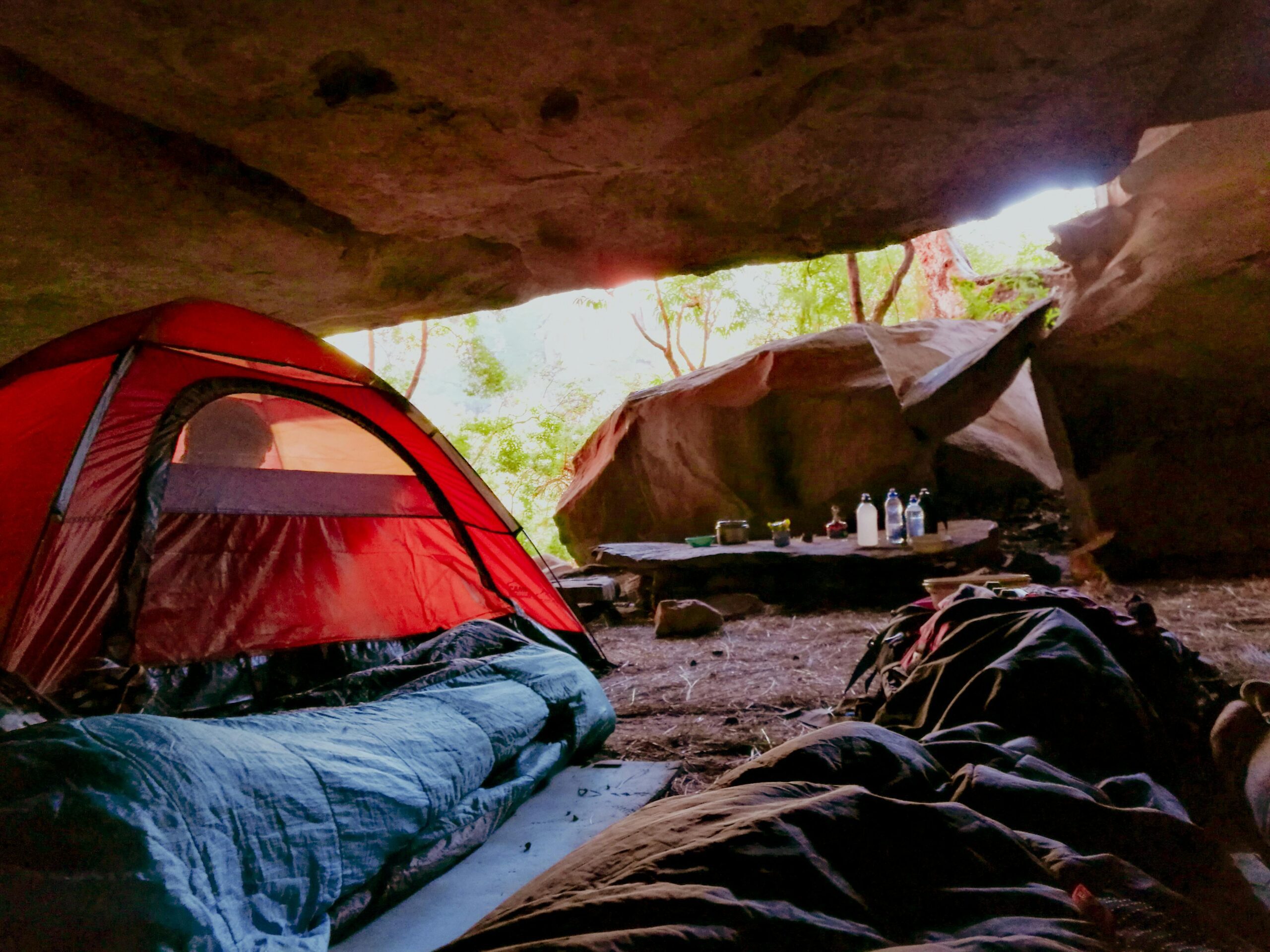
Sleeping rough on the streets, in cars or tents is increasingly the only option left for thousands of people in Australia. Families are sleeping in cold, damp tents and people are spending years living on streets. This type of homelessness is dangerous, traumatic, and often life-threatening. But it is also solvable.
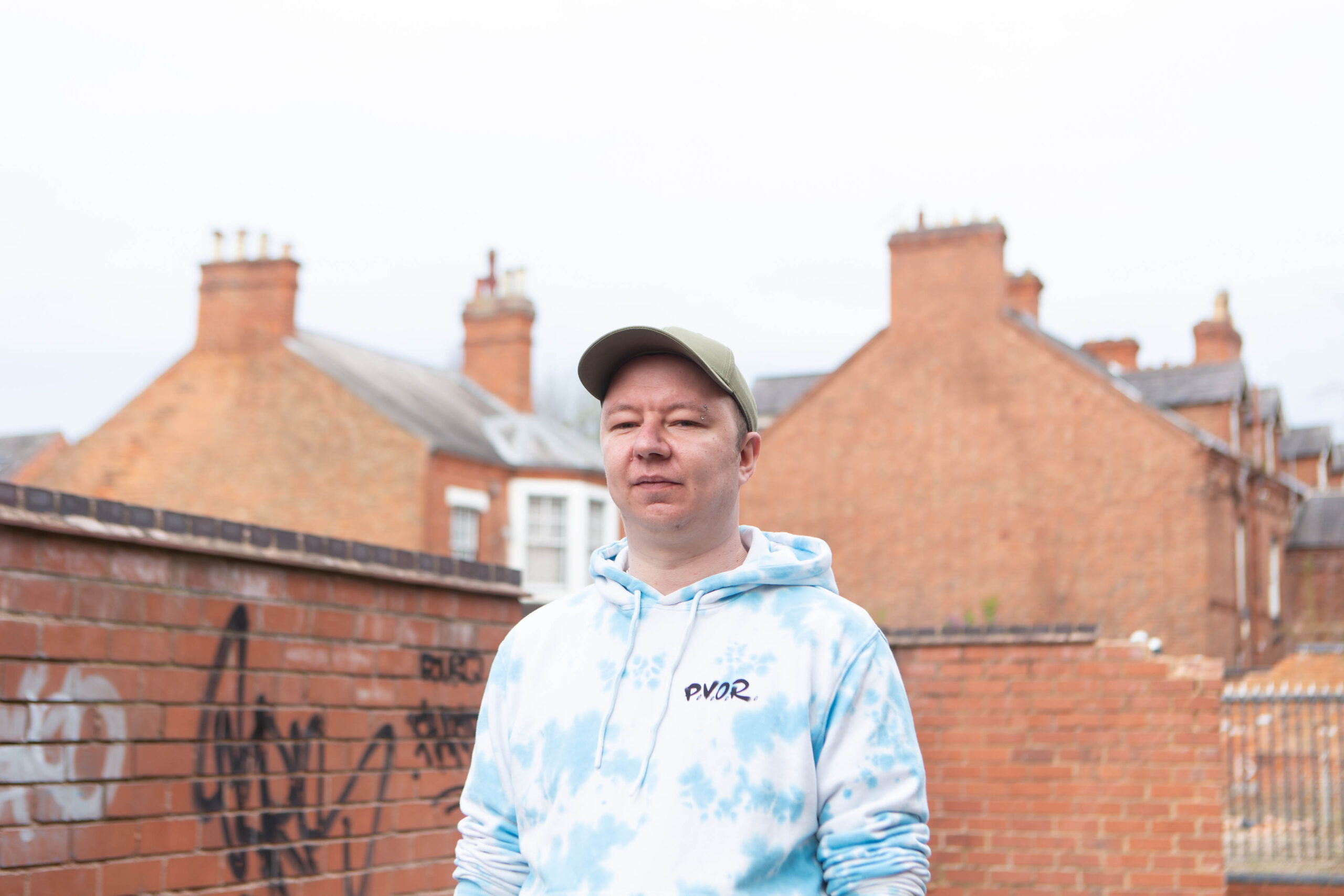
Who are we helping this winter? What are the daily challenges faced by the thousands of people living in tents, swags, or on couches? How does your donation make a difference? Read the stories of those facing homelessness this winter.
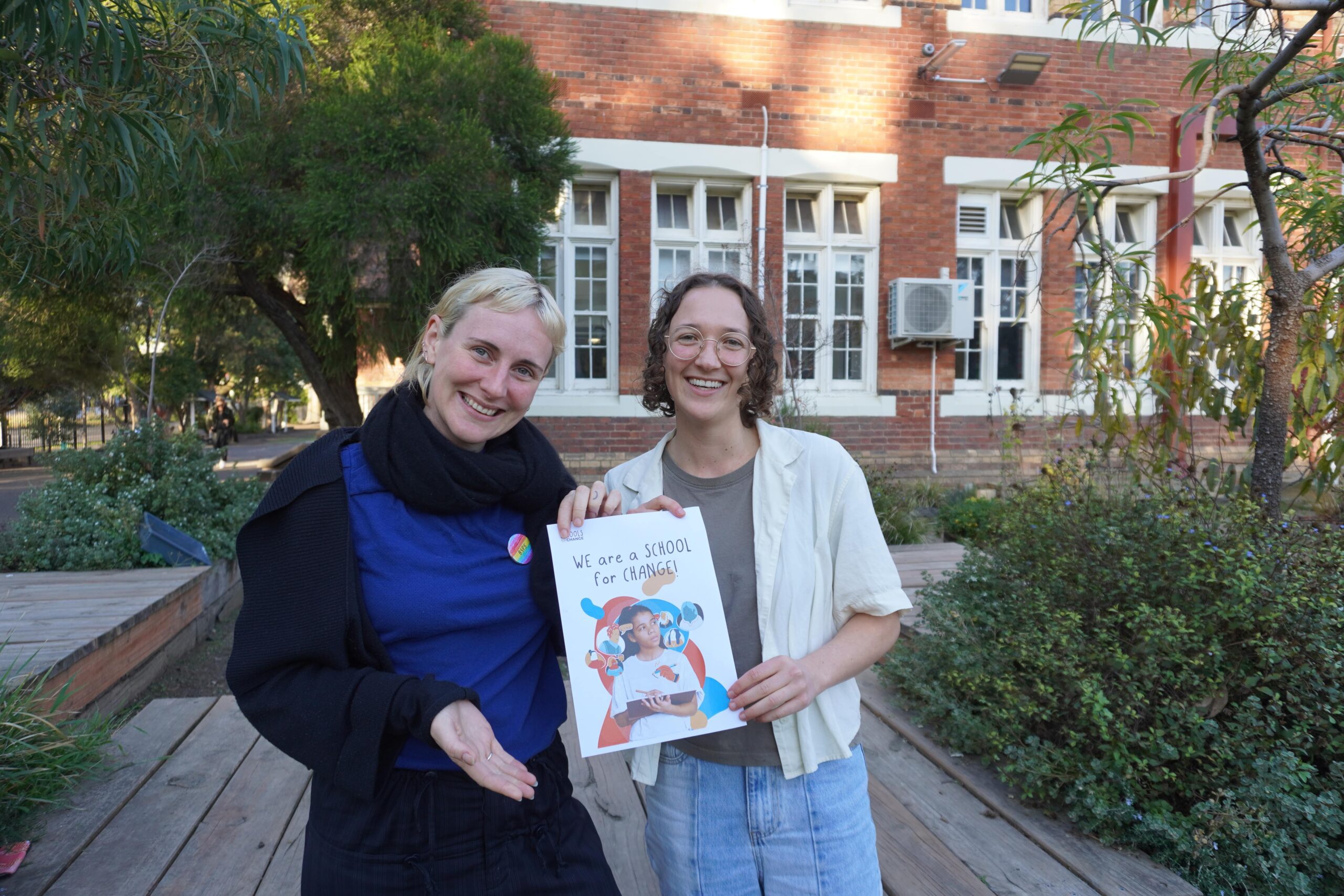
80 young students in Melbourne’s northern suburbs have been tackling the enduring barriers to ending homelessness: stigma, myths, and misconceptions. We chat with them about how our Schools for Change classroom resources help to shift the narrative on homelessness, deepen empathy, bust myths, and empower students to stand up for the rights of others.

The reality is that there are very few real options for ‘youth safe’ housing in Australia and young people face uncertainty and danger when sleeping rough, in adult rooming houses and couch surfing. We’ve just distributed over $109,000 to support young people into safe housing.
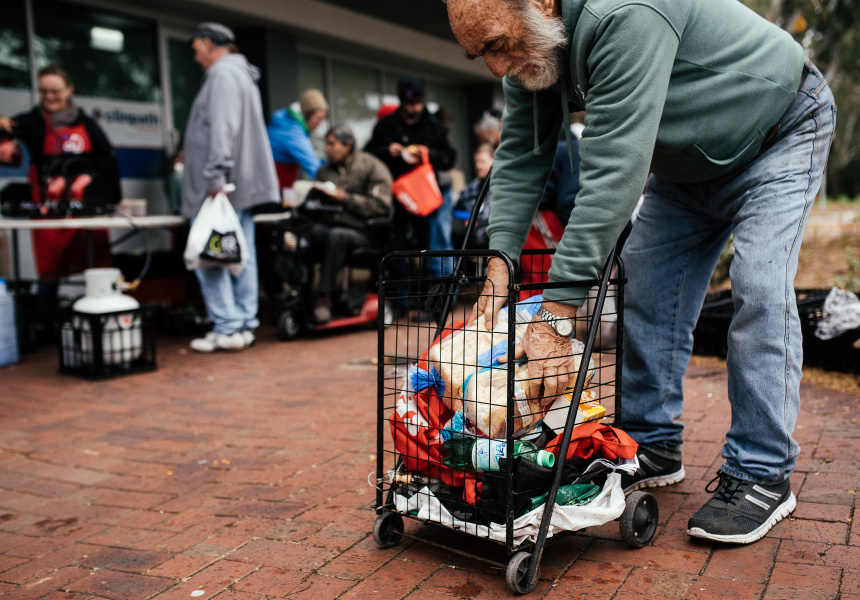
Living in your car, on the street or in a makeshift camp site is dangerous and difficult. But it’s even more of a challenge through winter. Join us in Spreading the warmth this winter by helping provide warm safe housing, warm nutritious food, warm clothing and material aid.
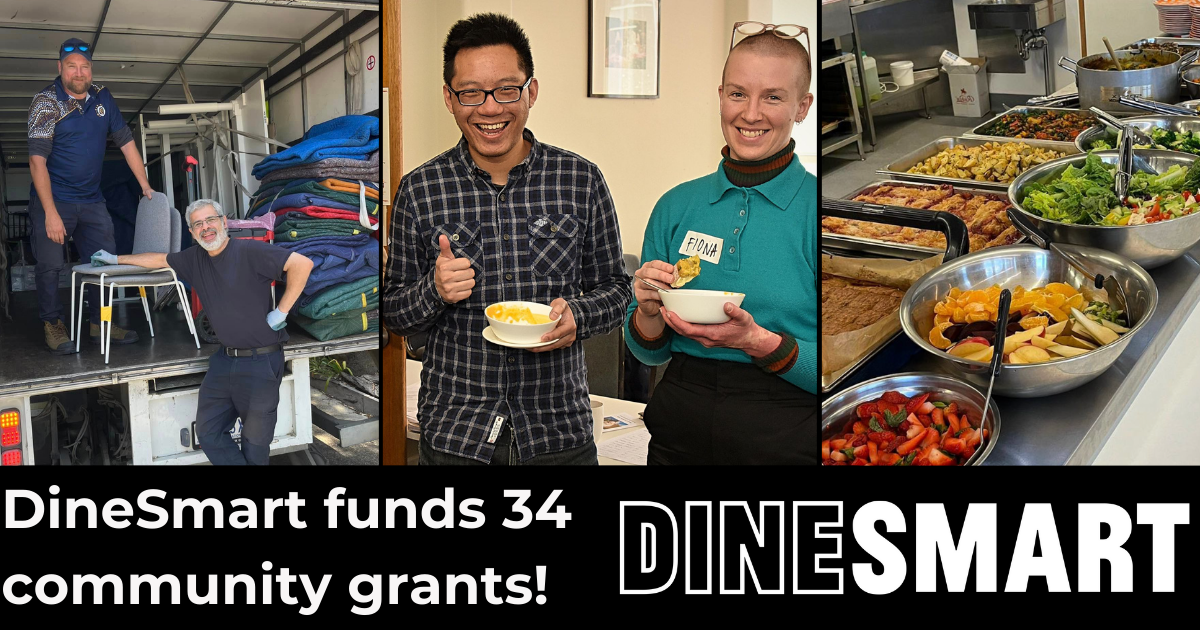
Throughout December, diners made a difference with their end of year meals and festive feasts. Collectively, restaurants and diners have generated $148,900 for grassroots homelessness services. At a time when demand for housing is so high, rates of rough sleeping continue to climb, and frontline workers are overstretched, this funding will bring immediate relief.
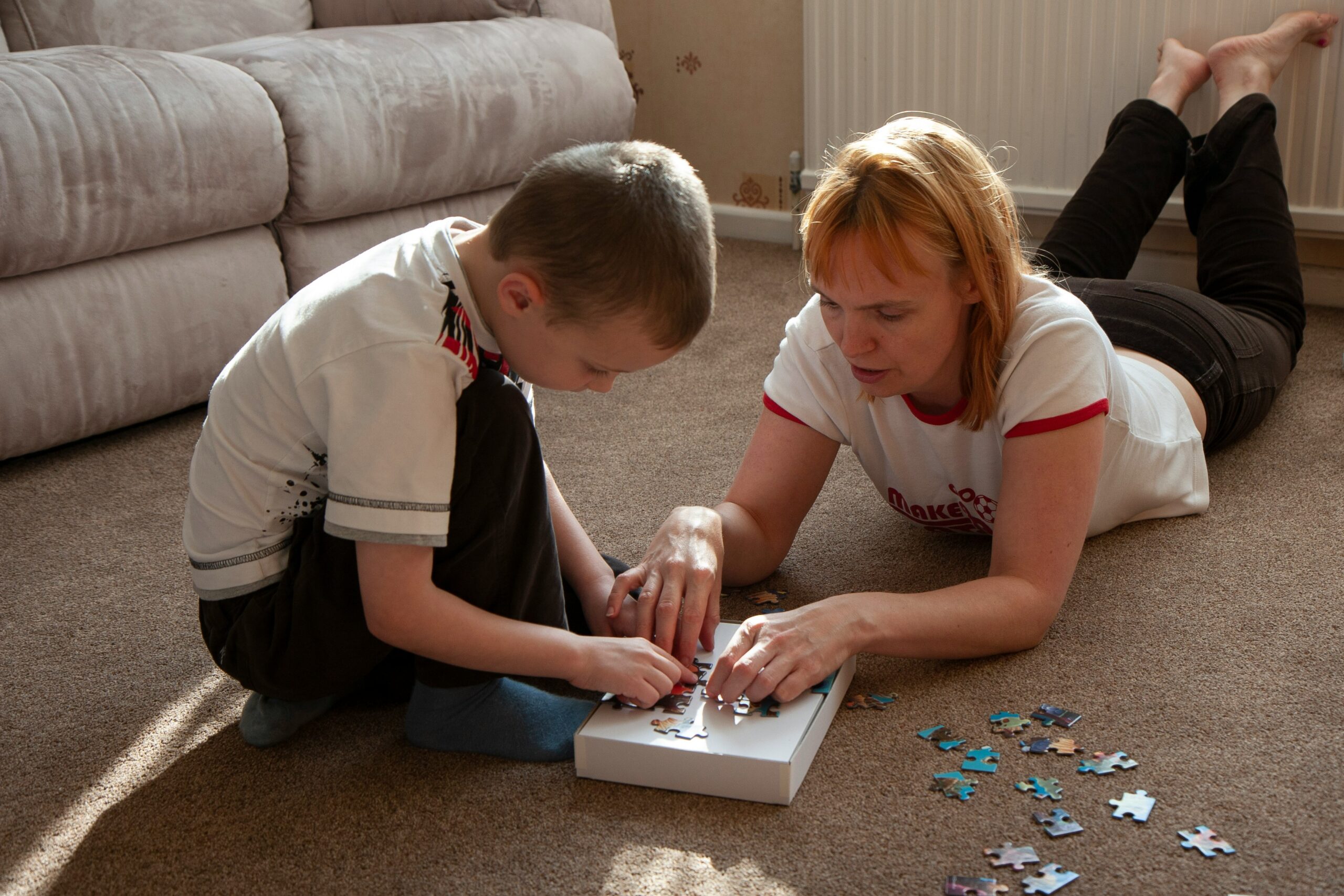
Children without safe homes, living in poverty, and affected by domestic and family violence need immediate and trauma-informed care. We need to be responding to the urgent needs of children, who are often the voiceless victims of violence, homelessness and poverty. That’s why we have channeled over $100,000 into 14 grassroot services to support vulnerable children.